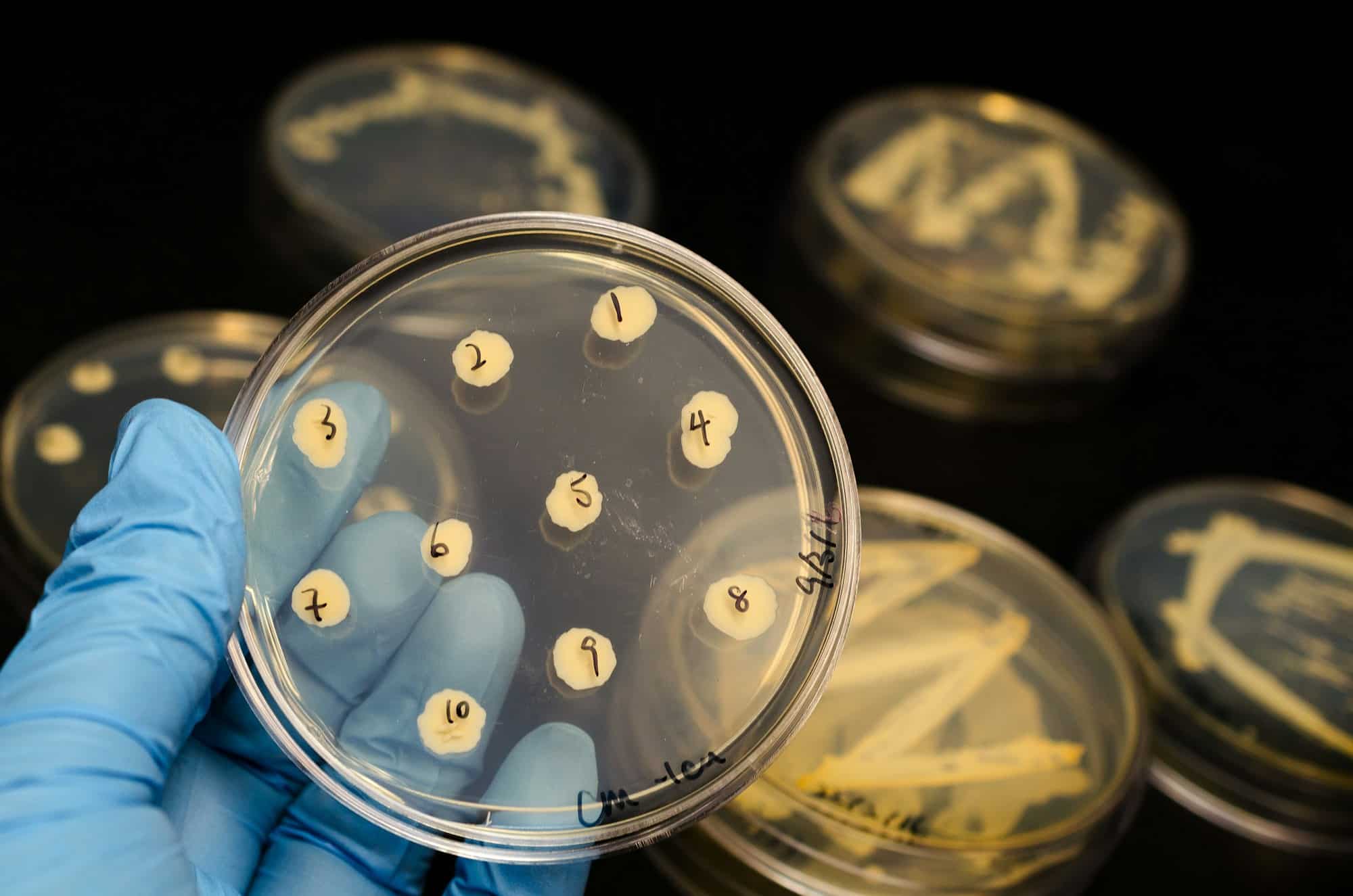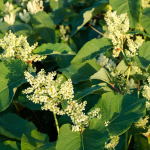If you’re an athlete, you know the importance of training and nutrition. But have you ever stopped to consider the role your gut microbiota plays in your performance? Fascinating studies have highlighted an intriguing link between the composition of our gut microbiome and performance in athletics. In particular, some remarkable insights have been gained from focusing on cyclists. This article dives into the fascinating world of the gut, exploring how microbiome analysis can shape the nutritional choices of cyclists.
Microbiome Analysis and Its Importance
Understanding the human microbiome, particularly the gut microbiota, has become a significant focus of research in recent years. This research is creating a paradigm shift in our understanding of human health and disease. The human gut microbiota is a complex, dense, and diverse community of microorganisms, primarily bacteria, that coexist symbiotically in our gastrointestinal tract.
In parallel : How to Use Biofeedback for Stress Management in Competitive Shooters?
These bacteria play a crucial role in our health, which is becoming increasingly apparent as we delve deeper into this area of study. Using advanced tools like Google’s DeepVariant, scholars have been able to study the gut microbiome with more detail and accuracy, identifying specific strains of bacteria and their effects on the human body.
The composition of the gut microbiome has been linked to various aspects of our health, from our immune system to our mental health. More interestingly for athletes, recent studies have revealed a possible connection between the gut microbiota and athletic performance.
Also read : What Are the Best Isokinetic Exercises for Rehabilitation in Football Players?
The Link Between Exercise and Gut Microbiome
If you look at PMC articles or a study on Crossref, you’ll find that exercise is frequently discussed in relation to the gut microbiome. Exercise appears to have a two-way relationship with the gut microbiota. On one hand, the composition of the gut microbiota can influence an athlete’s performance, recovery, and health. On the other hand, regular exercise can alter the species diversity and abundance within the gut, often leading to a more health-promoting microbial community.
A 2014 study published in the journal "Gut" found that professional rugby players had a more diverse gut microbiome compared to non-athletes. The rugby players also showed higher proportions of a particular bacterial group known as Akkermansiaceae, which has been associated with lower obesity levels and related metabolic complications.
Nutritional Recommendations and Gut Microbiome
Cyclists, like all athletes, need a balanced diet to fuel their bodies for intense training and to recover afterward. However, the nutritional needs of cyclists might be tailored based on the composition of their gut microbiota.
The gut microbiota has a significant role in nutrient metabolism, including the synthesis of certain vitamins and the fermentation of non-digestible dietary fiber to produce short-chain fatty acids (SCFAs). SCFAs have several beneficial effects on the host, including providing an energy source for the cells lining the colon, supporting the immune system, and protecting against certain types of disease.
For instance, if a cyclist’s microbiome analysis reveals a lower proportion of Bifidobacteria, which play a key role in the digestion and absorption of complex carbohydrates, they may need to modify their carbohydrate intake accordingly.
Microbiota Modulation for Cyclists
Given the emerging evidence linking gut microbiota composition with athletic performance, it’s no surprise that many athletes, including cyclists, are looking into ways to optimize their gut microbiota. This is where the field of probiotics and prebiotics comes in.
Probiotics are live bacteria and yeasts that are good for your health, especially your digestive system. They are often referred to as ‘good’ or ‘friendly’ bacteria because they help keep your gut healthy. Prebiotics, on the other hand, are types of dietary fiber that feed the friendly bacteria in your gut. This helps the gut bacteria produce nutrients for your colon cells and leads to a healthier digestive system.
For cyclists, tailoring their diet based on their microbiome analysis could lead to improved performance and faster recovery times.
Future Studies on the Athlete’s Microbiome
While we’ve already discovered a lot about the gut microbiome of athletes, there’s still much to learn. Each new study opens the door to even more intriguing questions about how gut bacteria affect athletic performance and how we can manipulate the microbiome to boost athletes’ health and abilities.
Just like a cyclist would fine-tune their bike for optimal performance, future studies might allow us to fine-tune our gut microbiota to support our health and performance goals. In the future, athletes might not only send their heart rate data or power output to their coaches but also their microbiome data. With more research, we might see personalized nutrition plans based not just on an athlete’s training regime, but also their microbiome composition.
Lastly, it’s imperative for athletes and coaches to stay updated on the latest research, as the world of microbiome science is rapidly evolving. Staying informed will help you make the best decisions for your health and performance. With so much still to be discovered, it’s an exciting time for athletes and researchers alike.
Microbiome Research: A Game Changer in Sports Nutrition
Understanding the role of the gut microbiota in athletic performance is an emerging field in sports nutrition. As research continues to unfold, it may soon become common practice for cyclists and other athletes to look at their microbiome composition as part of their training and nutrition planning.
Studies conducted through Google Scholar, PMC free articles and article PubMed have shown that the gut microbiota plays a significant role in nutrient metabolism, including the synthesis of certain vitamins and the fermentation of non-digestible dietary fiber into short-chain fatty acids (SCFAs). SCFAs have been found to have several beneficial effects on the host, including providing an energy source for the cells lining the colon, supporting the immune system, and protecting against certain types of diseases.
A systematic review of cross-sectional studies also revealed that physical activity can alter the gut microbiome, with athletes frequently showing a more diverse microbial community compared to the control group. Alpha diversity, a measure of microbiome diversity, has been linked to better health and performance in athletes.
Microbiome research has also revealed interesting findings about body composition. For instance, a study on nutrients doi identified a link between certain strains of bacteria and lower levels of obesity and related metabolic complications.
The future for athletes and their coaches could be to use this information to tailor nutrition plans based on an individual’s gut microbiome, potentially improving performance and recovery times.
Conclusion: The Future of Sports Nutrition and the Microbiome
As we continue to delve deeper into the world of the human gut and its microbiota, we’re realizing just how significant these tiny organisms are in the grand scheme of our health, wellbeing, and physical performance.
Athletes, including cyclists, may soon be incorporating microbiome analysis into their training regimes. By using advanced analytical tools and platforms like preprints org and relying on updated systematic reviews, nutritionists and coaches could develop personalized nutrition plans that consider not just the athletes’ training regimen, but also their microbiome composition.
In the not-so-distant future, it is plausible to envision athletes sending not just their heart rate data or power output to their coaches, but also their microbiome data. As science continues to unveil the complex relationship between our gut microbiota and health, we could potentially see a revolution in sports nutrition.
Stay informed with the latest research, as the world of microbiome science is rapidly evolving. Make use of free resources like PMC free articles and PubMed Google to stay updated with the latest studies in this exciting field. In sports, as in life, knowledge is indeed power.
While we’ve made impressive strides in understanding the gut microbiome, there’s still much to be discovered. With each new study, our understanding grows, propelling us forward in the quest to optimize human health and performance. In this exciting era of microbiome research, it’s clear that the possibilities are as diverse as the bacteria within us.
















